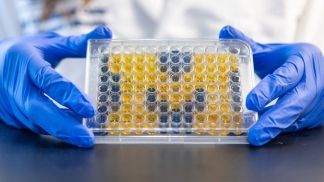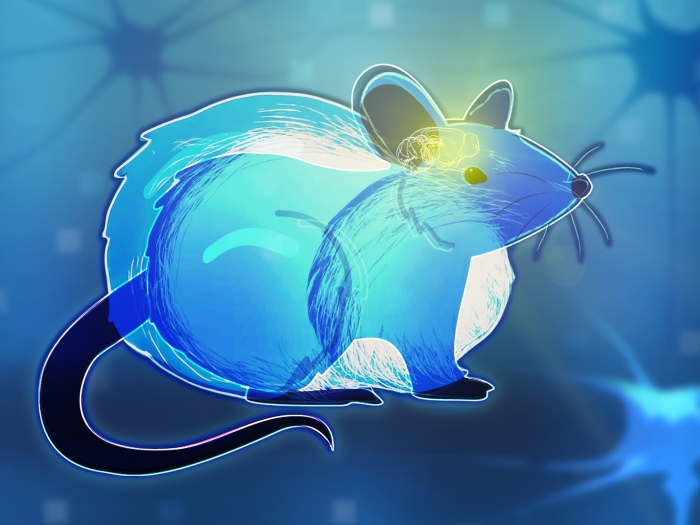
Trailblazers in Molecular & Integrative Physiology
Learn about our past and see how we're shaping the future with decades of discovery and innovation.
The U-M Medical School Department of Molecular & Integrative Physiology is renowned for its nationally recognized research programs in basic and translational physiology. The department boasts a significant tradition of research funding from federal entities (such as the National Institutes of Health, Department of Defense, and the National Science Foundation), various foundations, and industry partners. Our faculty actively directs the national research agenda to advance the science of physiology.
Physiology, the study of organism function, has intrigued humans since ancient times. Modern physiology began in the 19th century with foundational concepts from Claude Bernard and Walter Cannon. The field has been integral at the University of Michigan since the Medical School's inception in 1850, and specialized research started under Henry Sewall in 1882. Michigan's contributions have been significant, with over 250 Ph.D. graduates making landmark discoveries.
Landmark findings cover a wide array of areas:
- Beneficial effects of fever
- Stomach's hydrochloric acid secretion
- Wigger’s Diagram for heart cycles
- Brain's role in ovulation
- Mathematical models for physiological systems
- HIV infection pattern modeling
- Pituitary growth hormone functions
- Muscle regenerative capabilities in aging
- Real-time telemetry in mice
Additional contributions include insights into metabolism, diet effects, muscle health, calcium's role in hypertension, adipogenesis, synaptic transmission, and pain physiology.
Today, physiology remains a crucial field, especially in interpreting vast datasets from genomic and reductionist approaches to understand systemic functions and responses to environmental and disease factors. Our department continues to play a pivotal role in this ongoing effort.
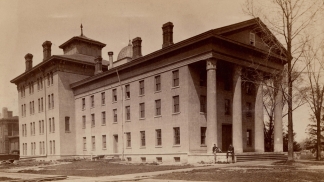

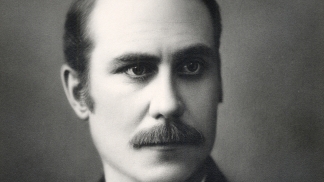

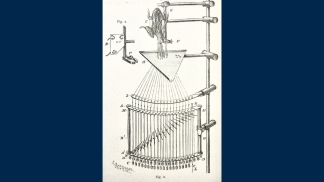

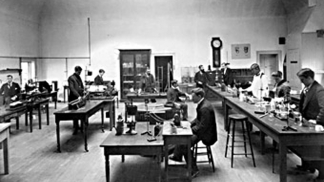

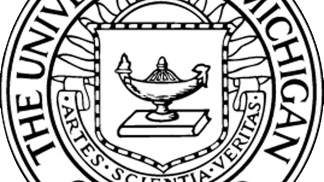

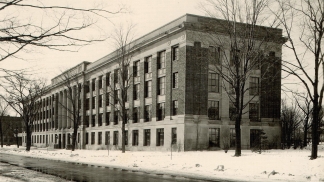



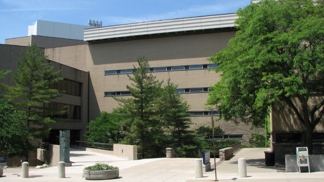

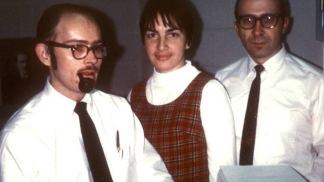

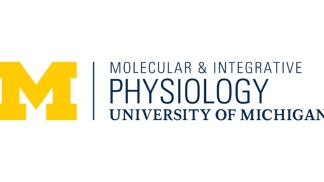

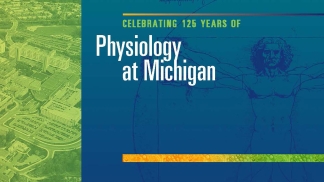

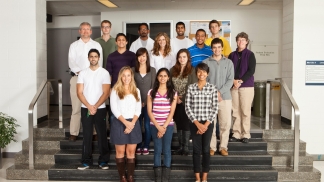





![Profile \]picture of samuelson](https://medschool.umich.edu/sites/default/files/styles/article_sidebar/public/2024-09/mip-samuelson-profile.jpg?h=4a9134b4&itok=6C5nGZTn)
![Profile \]picture of samuelson](https://medschool.umich.edu/sites/default/files/styles/article_sidebar/public/2024-09/mip-samuelson-profile.jpg?h=4a9134b4&itok=6C5nGZTn)
